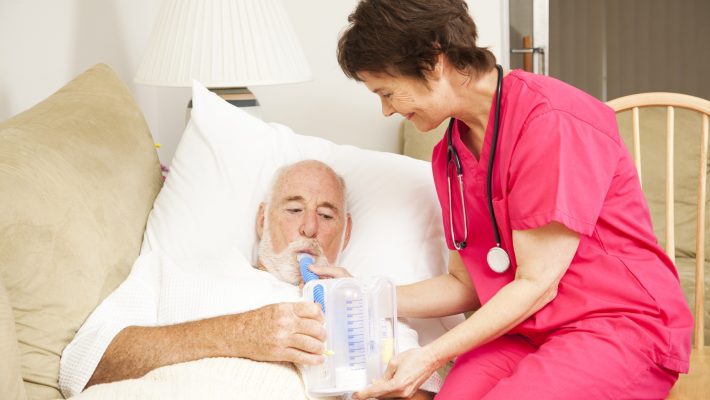
5 Signs That Your Loved One Is Ready for Professional Home Care
Seniors today are living active lives for longer than ever before. However, there eventually comes a time when your loved one requires assistance with their daily care needs. While this is always a difficult decision to make, it helps to know that your loved one has options for continuing to age in place within the comfort of their home.
Often, changes in your loved one’s health are so subtle that it is easy to overlook the need for assistance until it is too late. Since being proactive is the best way to preserve your loved one’s independence, be alert for these signs that they are ready for professional home care.
They Experienced a Fall-Related Injury
Fall-related injuries are one of the leading causes of hospitalization for senior adults, and it is important to do everything you can to prevent your loved one from falling. Although keeping walking paths clear helps seniors to avoid falls, they may also require assistance at home if they struggle with mobility.
Seniors with mobility issues can fall as they try to perform normal tasks such as stepping into a bathtub or trying to mop the kitchen floor. You can avoid this potential health hazard by making sure that your loved one always has someone nearby to assist with risky parts of their daily routine.
They Struggle With Taking Their Medication
In addition to falls, medication mishaps are another common health hazard for seniors. Mix-ups are more likely to occur after your loved one receives a new prescription, and memory lapses also play a role in medication mishaps.
Home health aides monitor medication times and doses while also keeping an eye out for potential negative reactions to new medications. This gives you and your loved one reassurance that their medication is administered correctly.
They Have a Progressive Health Condition
Many long-term health conditions, such as Parkinson’s disease, cause progressive changes that follow a defined pattern. Learn as much as you can about what to expect during each stage so that you can tailor your loved one’s home care plan to fit their ongoing needs.
This allows you to plan ahead so that your loved one is ready for the next stage of care. For instance, having a caregiver provide assistance with meal preparation in the early stages of Alzheimer’s makes it easier for your loved one to transition to overnight home care as the disease progresses.
They Express Loneliness
Seniors who live alone are at greater risk for mental health disorders such as depression. This is especially true for seniors who have recently lost a spouse. Over time, negative emotions can also take a toll on your loved one’s health if they lose interest in eating right and exercising.
When your loved one spends many hours alone, having a caregiver visit every day lifts their spirits. Whether they share a meal together or do one of your loved one’s favorite activities, companionship care helps your loved one avoid feeling lonely.
They Are Being Discharged From the Hospital
It is always an exciting day when your loved one gets to go home after a hospital stay. However, you should be aware that even seniors who experienced a mild injury or illness may need help at home to ensure that they can follow their discharge instructions.
Arrange for a home health aide to provide care such as administering medication so that your loved one has the best chances for a successful recovery.
At Baywood Home Care, we make your family’s needs our top priority. Contact us to get started creating a customized care plan that promotes better health and happiness for your loved one today.




